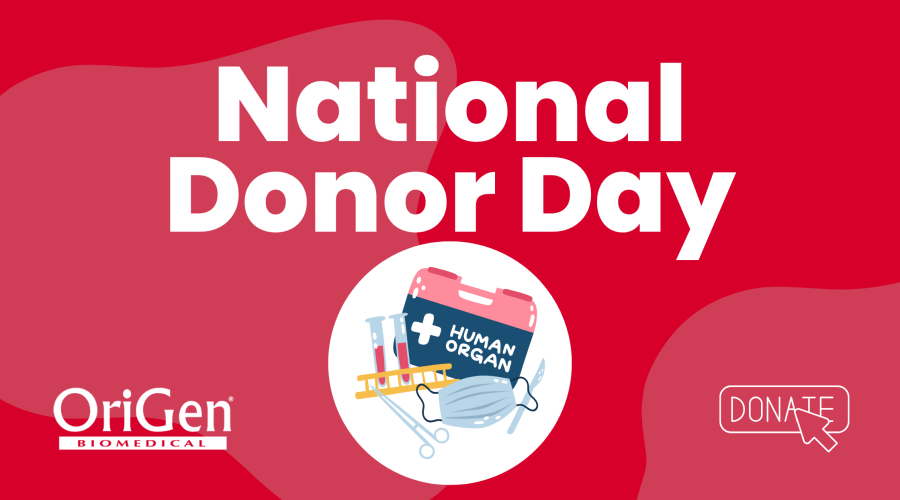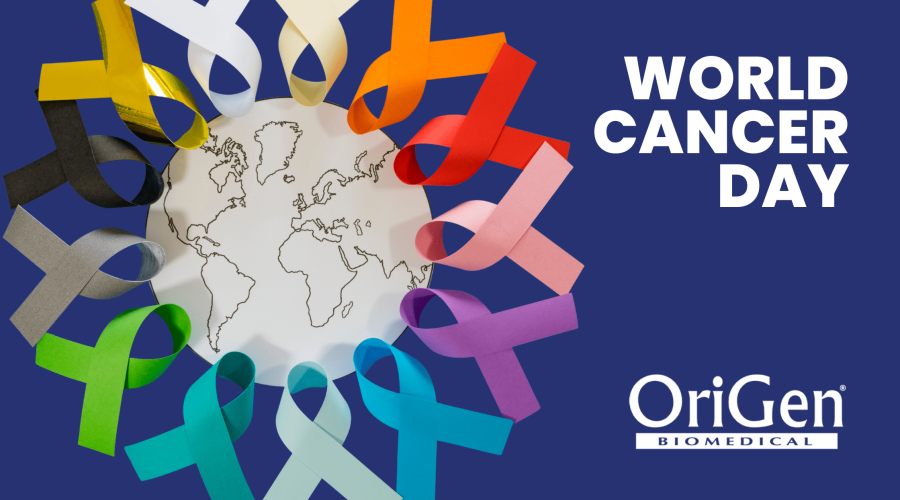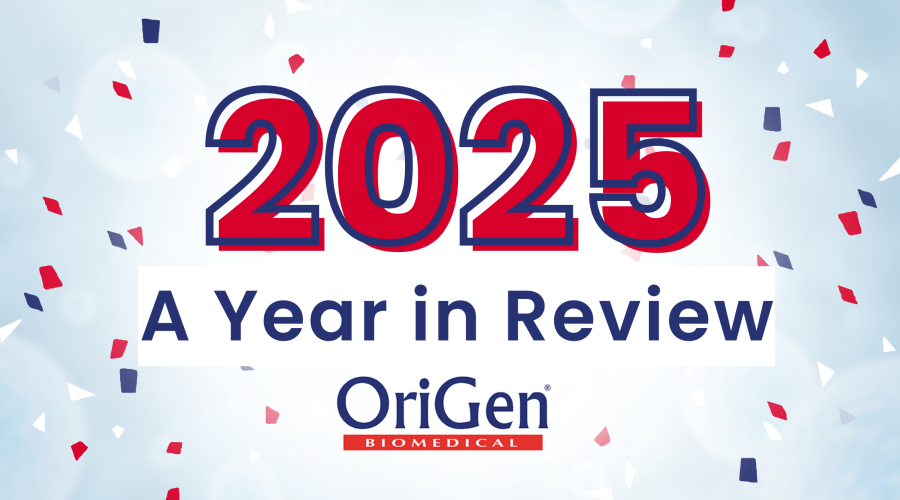#ThisIsBloodCancer
As science historian June Goodfield once said, “Cancer begins and ends with people.” That truth resonates deeply each September during Blood Cancer Awareness Month, a time to honor the 1.7 million people in the U.S. living with or in remission from blood cancer and the millions more worldwide impacted by these diseases.[1]
Since its inception in 2010, this global campaign has aimed to shed light on blood cancers: leukemia, lymphoma, myeloma, myelodysplastic syndromes (MDS), and myeloproliferative neoplasms (MPN), while inspiring hope and rallying support for patients, survivors, caregivers, and researchers. Each year, September “turns red” as communities, organizations, and advocates unite under the message: This Is Blood Cancer.[2]
People Helping People
For over 75 years, Blood Cancer United, formerly known as Leukemia & Lymphoma Society (LLS), has worked tirelessly to cure blood cancers and improve the lives of those affected.[1] Their mission, like that of many organizations worldwide, begins and ends with people: patients, survivors, caregivers, healthcare providers, and advocates.
Through innovative research, clinical trials, and free support services, ranging from nutrition consultations to peer-to-peer mentoring, organizations ensure that no one faces blood cancer alone.[3]
During Blood Cancer Awareness Month, various events worldwide raise funds for further research. You can make a difference by checking with your local cancer treatment centers or donating online to organizations like Blood Cancer United, Cancer Research Institute, or the American Association for Cancer Research.
What Makes Blood Cancers Different?
Unlike solid tumors, blood cancers can’t be detected by sight or touch. They develop in the blood, bone marrow, or lymphatic system, hidden from view and often called “invisible diseases”.[4]
Blood cancers encompass more than 100 conditions, with five primary categories:
- Leukemia – Abnormal white blood cells that impair the immune system. It can be acute (fast-growing) or chronic (slow-growing).[5]
- Lymphoma – Cancers that begin in the lymphatic system, including Hodgkin lymphoma (often highly treatable) and non-Hodgkin lymphoma (NHL) with varied outcomes.[5]
- Myeloma – Cancer of plasma cells in the bone marrow, often leading to weakened bones, anemia, and immune challenges.[5]
- Myelodysplastic Syndromes (MDS) – Disorders where immature blood cells do not mature properly, leaving the body vulnerable to infection, anemia, or bleeding.[4]
- Myeloproliferative Neoplasms (MPN) – Chronic conditions where the bone marrow produces too many blood cells, raising risks of clots, strokes, and heart attacks.[4]
Blood Cancer by the Numbers
Blood cancer remains one of the most common and deadly cancers worldwide:
- In the United States, more than 192,000 new cases of blood cancer are expected in 2025:[6]
- 66,890 new cases of leukemia
- 89,070 new cases of lymphoma
- 36,110 new cases of myeloma
- Every 3 minutes, someone in the U.S. is diagnosed with blood cancer.[1]
- Blood cancers account for nearly 10% of all new cancer diagnoses in the U.S. each year.[6]
- Every 9 minutes, someone in the U.S. dies from a blood cancer.[1]
Survival rates continue to improve thanks to research and treatment advances:[5]
- Leukemia – 66.7% five-year survival rate
- Non-Hodgkin Lymphoma – 74.3%
- Hodgkin Lymphoma – 88.9%
- Multiple Myeloma – 59.8%

New Frontiers in Treatment: CAR T-Cell Therapy
One of the most promising breakthroughs is CAR T-cell therapy, which re-engineers a patient’s immune cells to recognize and destroy cancer cells. The process begins by extracting T cells from the patient’s blood. These cells are then engineered in a lab to produce special receptors known as chimeric antigen receptors (CARs), which can target proteins found on the surface of cancer cells. Once enough of these modified CAR T cells are grown, they are infused back into the patient’s body. The engineered cells then circulate, identifying and destroying cancer cells by recognizing the specific proteins they’ve been programmed to target.
Six FDA-approved CAR T-cell therapies are currently available for leukemias, lymphomas, and myelomas.[7] While often reserved for relapsed or resistant cases, clinical research suggests CAR T may one day be used earlier in treatment, offering even more hope to patients.
At OriGen Biomedical, we are proud to support the scientific and medical communities advancing blood cancer treatment. Our PermaLife® Cell Culture Bags are used for cell culture and cryopreservation, while CryoStore Freezing Bags are used for freezing blood components. Once manufactured, the final cell product is stored in a CryoStore Freezing Bag and cryopreserved with CryoPur® DMSO cryopreservation solution, with transfer accessories available to simplify the process. Together, these tools play a vital role in developing therapies like CAR T-cell treatments, helping researchers and clinicians push the boundaries of innovation.
How You Can Make a Difference
Blood Cancer Awareness Month is more than recognition; it’s action. Whether by learning the symptoms, donating to research, volunteering, or amplifying the message on social media with hashtags like #ThisIsBloodCancer and #FightBloodCancer, everyone can play a role.[3]
Together, we can:
- Encourage early detection through awareness.
- Ensure patients and caregivers feel seen and supported.
- Drive research that brings us closer to a cure.
This September, let’s unite patients, caregivers, advocates, and innovators under one message: Blood cancer takes so much, but together, we can give hope, strength, and healing.




